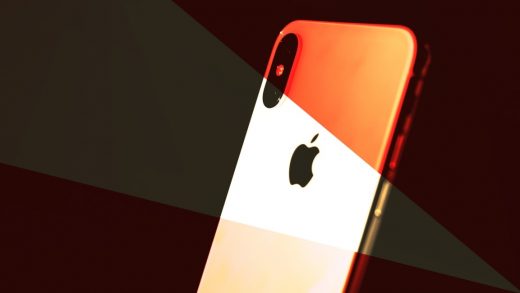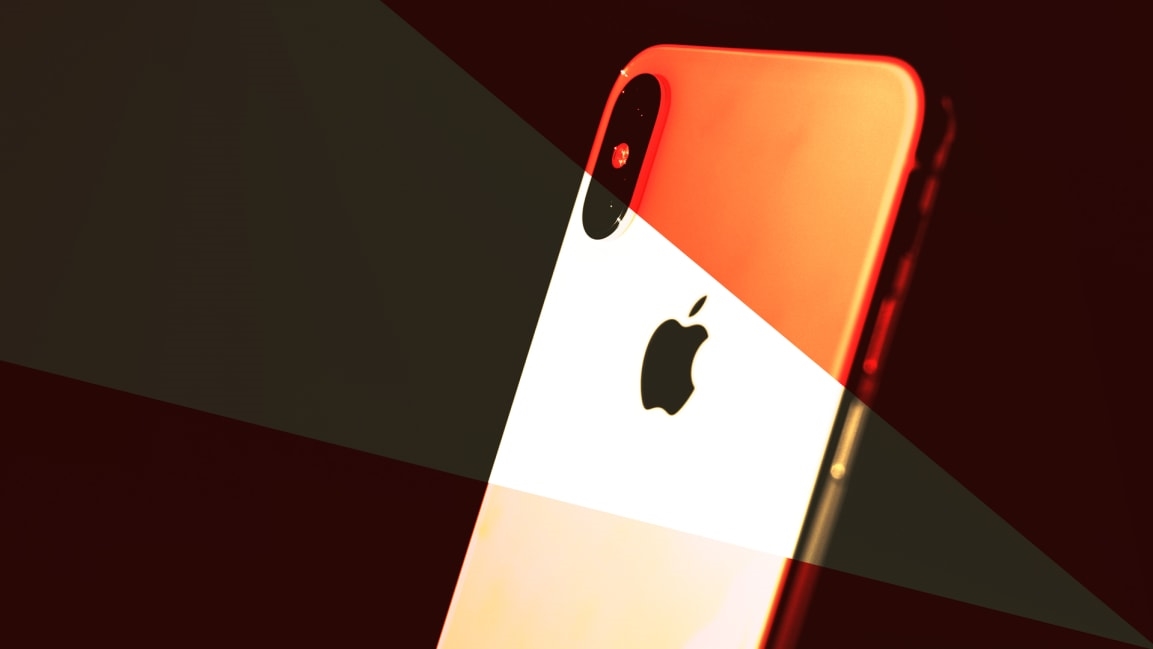The iPhone should be banned from sale in U.S., says trade judge
An International Trade Commission (ITC) judge said Tuesday that Apple infringed on one of Qualcomm’s patents in the iPhone, and recommended that the phones be banned from sale in the United States.
The patent in question covers power management in computing devices. Administrative law judge MaryJoan McNamara also said that Apple did not infringe on several other Qualcomm patents, ruling that other Qualcomm claims were invalid.
But that one infringement could have serious consequences: “I will be recommending that a limited exclusion order together with a cease and desist order, both with certification provisions, be issued against Apple,” the judge wrote in the preliminary ruling.
McNamara’s final recommendation in the matter will go before a panel of judges next. Ultimately the White House may be asked to consider the matter of a U.S. ban.
Another ITC judge in September found that Apple had infringed the Qualcomm patent but recommended against an iPhone ban, saying it went against the “statutory public interest.”
Courts in China and Germany have also found Apple guilty of infringing Qualcomm patents and recommended importation and sales of iPhones be stopped in those countries.
Qualcomm’s and Apple’s patent squabble started in 2017 when Apple sued the chip maker, claiming unfair patent licensing fees. Then Apple began asking its suppliers to stop paying royalties on Qualcomm patents. Qualcomm has long based its royalty rates on the entire value of the device using the technology. Apple says much of the iPhone’s value has nothing to do with Qualcomm’s technology.
Qualcomm’s patents cover a number of core technologies used in modern smartphones, most importantly related to network connectivity. A Qualcomm executive once remarked: “Without Qualcomm the iPhone is just an iPod.” A spokesperson for Apple did not return a request for comment.
(4)



